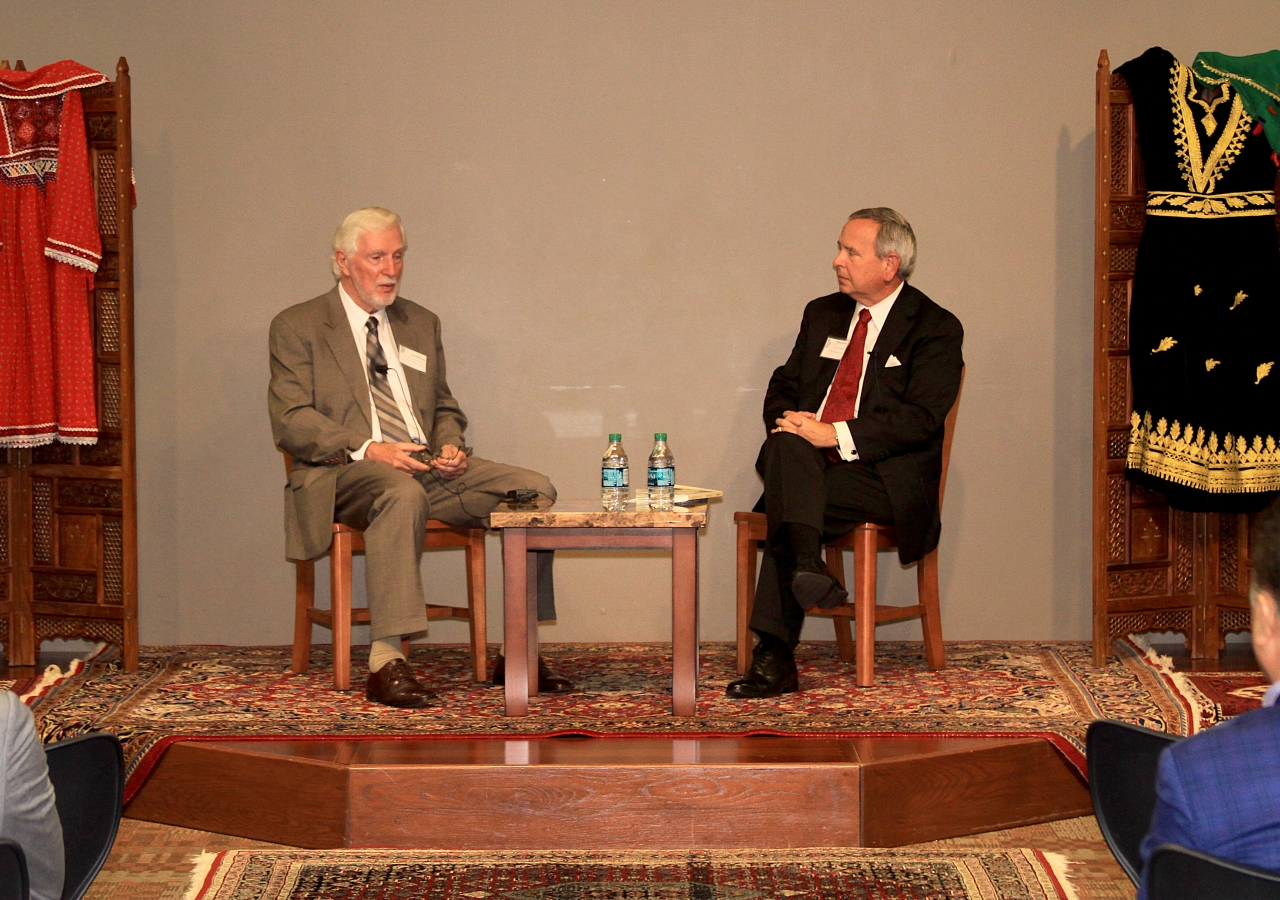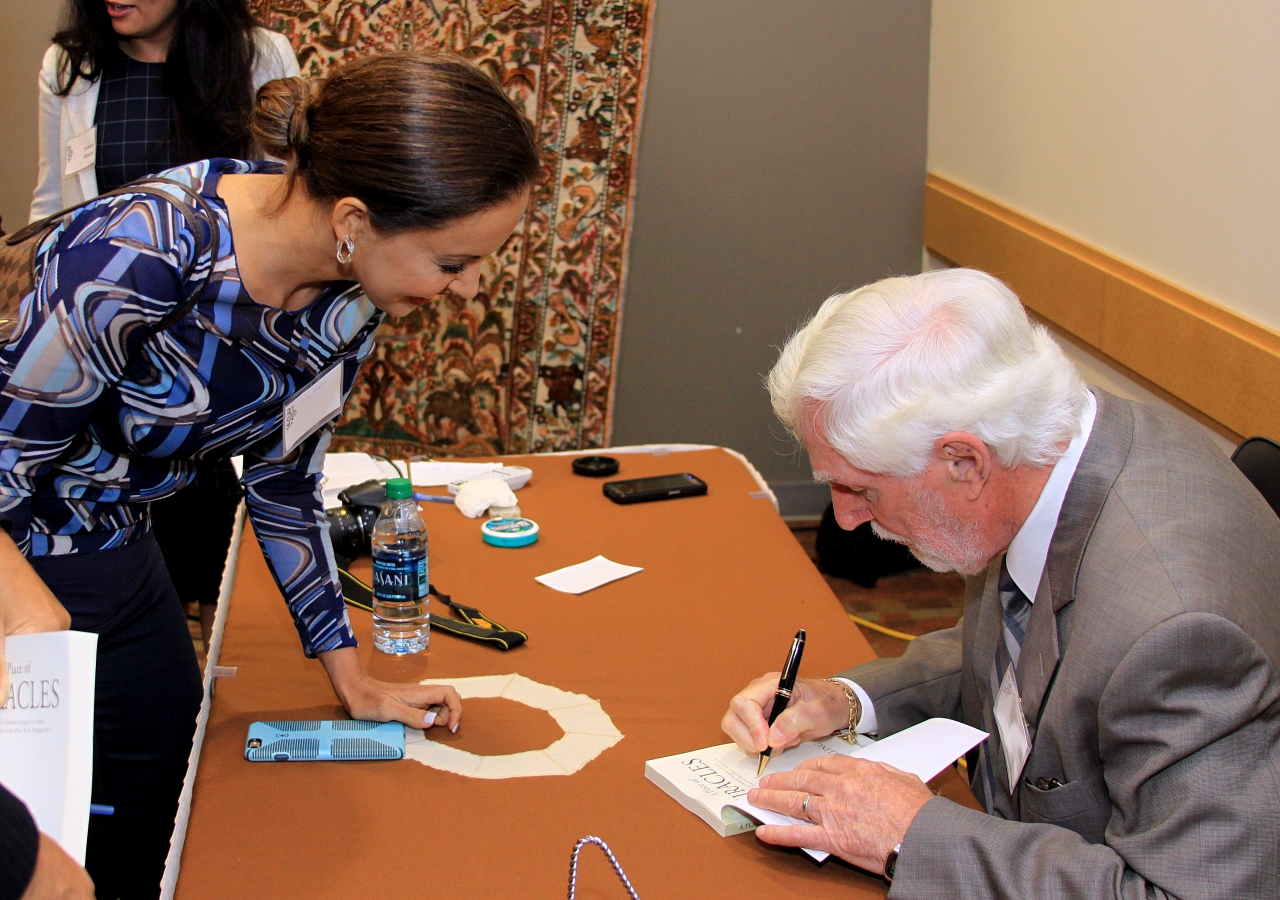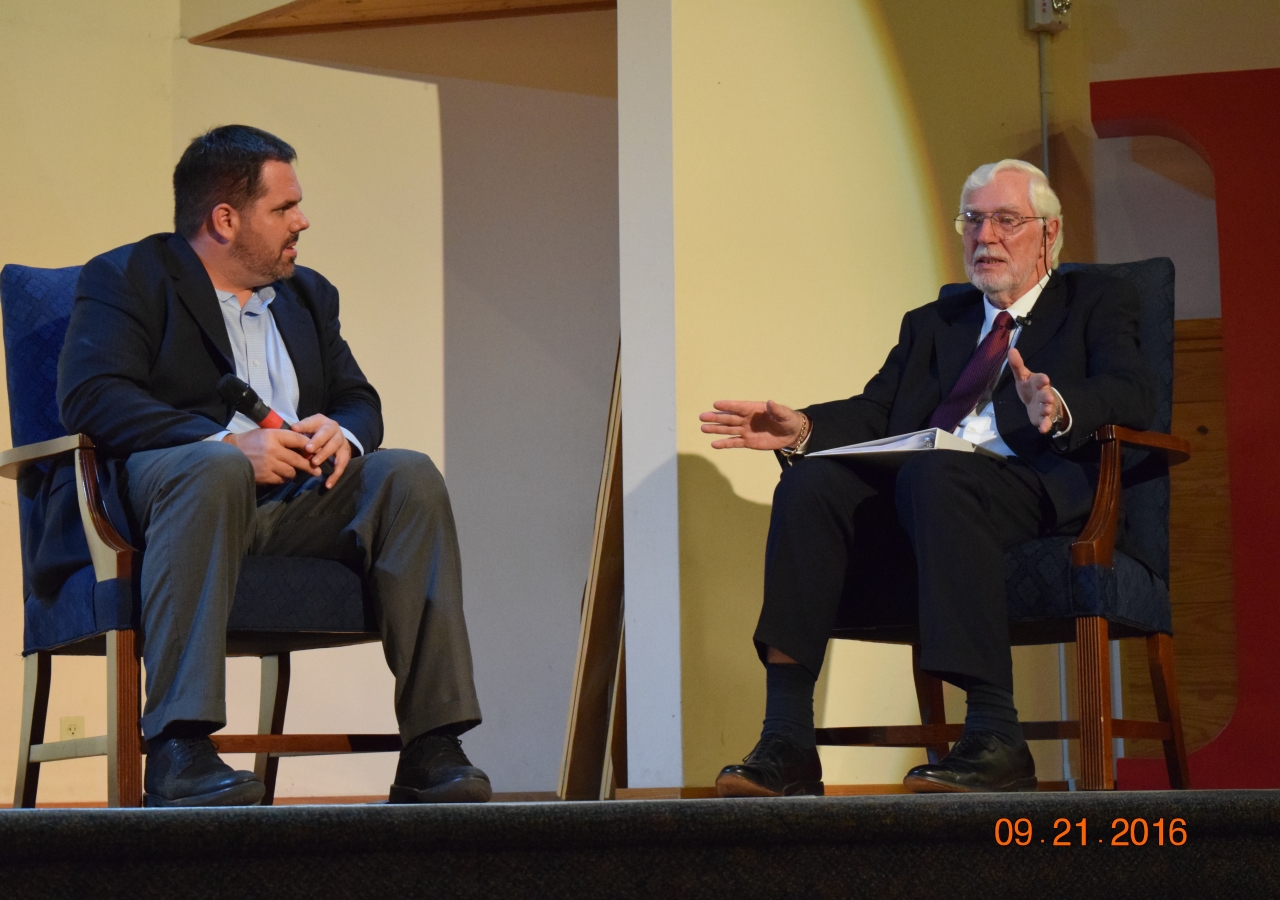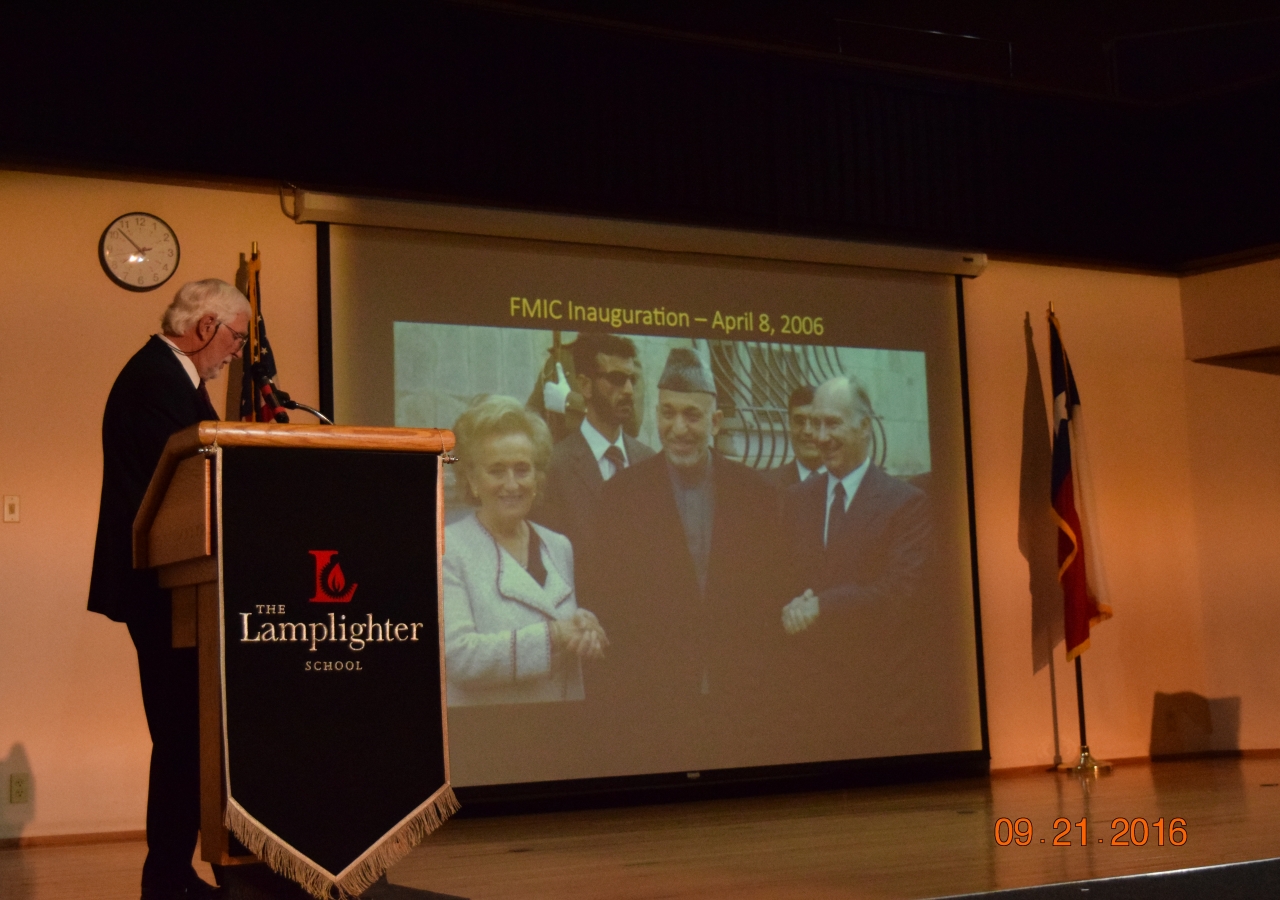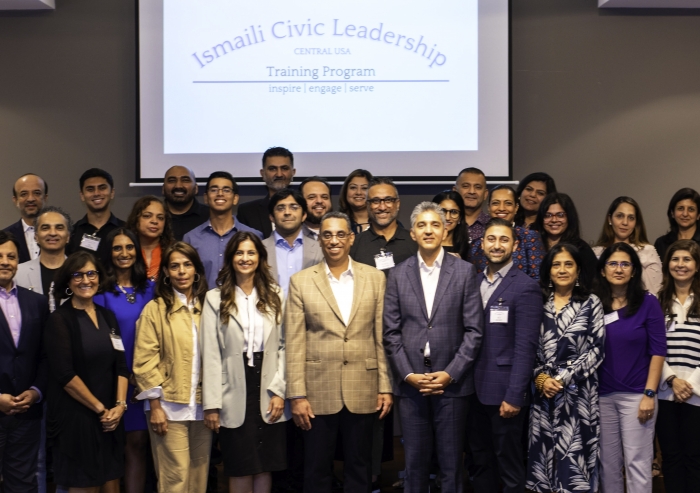Upon the release of his book about a children’s hospital in Afghanistan, Lee Hilling, Chairman of the French Medical Institute for Children (FMIC) in Kabul, spoke about the role of the Aga Khan Development Network (AKDN) in the partnership that oversees the facility, and the Aga Khan University, that manages its daily operations.
Hilling’s book, A Place of Miracles: The Story of a Children’s Hospital in Kabul and the People Whose Lives Have Been Changed by It, not only recounts a multitude of clinical success stories, but also explains how impactful their work has been to the community at large. Much of the institute’s effectiveness, Hilling said, “comes from AKDN’s unflagging commitment to developing a medical facility that is both operationally sound as well as sustainable in the long term.”
Afghanistan has one of the world’s highest infant and maternal mortality rates. One child in four does not reach the age of five and every thirty minutes a woman in Afghanistan dies from pregnancy-related causes. The average life expectancy of 42 years is one of the lowest in the world. FMIC is the most modern and best equipped children's hospital in Afghanistan, founded by the French charitable organization, La Chaîne de l’Espoir.
The widespread acceptance of a French institute in Afghanistan is also a tribute to its social success. According to Hilling, the center serves as an exemplary model of a public-private partnership between the French Medical Institute for Children (FMIC), AKDN, and the governments of France and Afghanistan.
Two outreach book launch events were hosted in Dallas - one in partnership with UNICEF, which was hosted at the Lamplighter School, and moderated by Michael Heaton, Regional Director for the U.S Fund for UNICEF. Stephen Love, President of the Dallas-Fort Worth Hospital Council, moderated the other, which took place at the Ismaili Jamatkhana in Plano. Mr. Heaton hailed FMIC “as a true development model that took into consideration the social and economic aspects of Afghanistan and delivered a community-centric solution.”
The book launch event at Plano Jamatkhana also featured the Ismaili Muslim Youth Choir, which performed pieces inspired by Hilling’s book. The theme of teamwork—doctors, nurses and staff working hand in hand to provide the best care possible—was also adopted in the Choir’s performance. The piece “Momardom e Afghanem” ("We are Afghan people") was sung to reflect the dreams and aspiration of many Afghan children.


